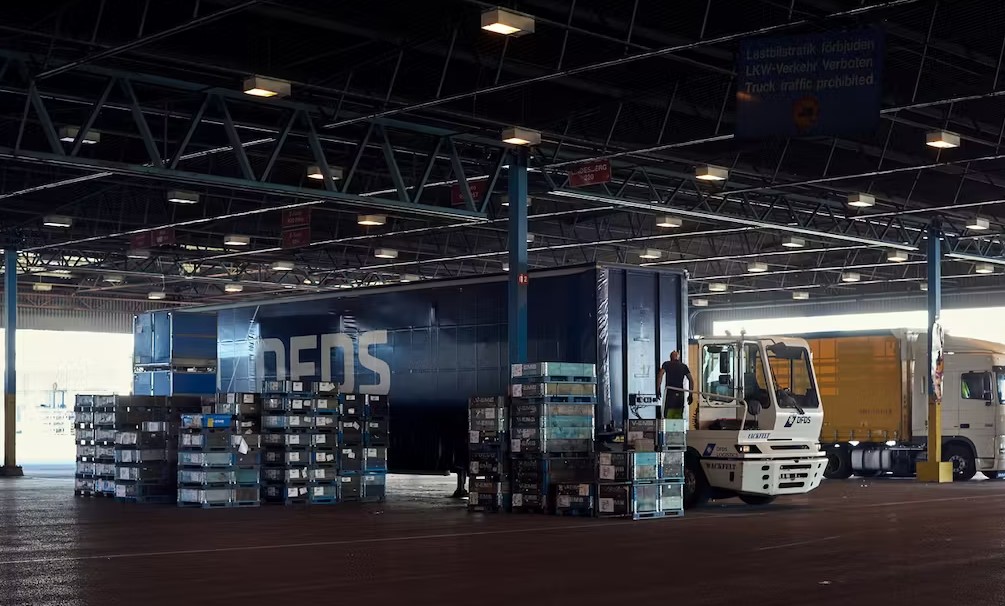How to Choose the Best Logistics Services for Your Business

Selecting the right logistics company is a critical decision that can significantly impact the efficiency and success of your business operations.
Whether you’re in e-commerce, manufacturing, or any industry requiring transportation and supply chain management, here’s a guide on how to choose the best logistics company:
- Define Your Needs: Clearly outline your logistics requirements. Understand the specific services you need, whether it’s transportation, warehousing, order fulfillment, or a combination of these. Knowing your needs will help you narrow down your options.
- Industry Experience: Look for a logistics company with experience in your industry. Industry-specific knowledge ensures they understand the unique challenges and requirements of your business, leading to more effective solutions.
- Technology Integration: In the digital age, technology plays a crucial role in logistics. Choose a company that utilizes advanced technology for tracking, inventory management, and communication. This ensures real-time visibility and enhances overall efficiency.
- Reliability and Reputation: Research the reputation of potential logistics partners. Check online reviews, testimonials, and ask for references. A reliable company should have a track record of on-time deliveries, secure handling of goods, and overall customer satisfaction.
- Scalability: Consider the scalability of the logistics company. Your business may grow, and you want a partner that can adapt to increased demands. Ensure that the logistics provider has the capacity and flexibility to scale operations accordingly.
- Global Reach: If your business involves international shipments, choose a logistics company with a global network. A well-established international presence ensures smooth cross-border operations and compliance with various regulations.
- Cost Structure: Understand the pricing structure of potential logistics partners. While cost is a significant factor, it’s crucial to evaluate the overall value provided. Consider hidden fees, transparency in pricing, and how well the services align with your budget.
- Safety and Security: Assess the logistics company’s commitment to safety and security. This includes measures for the protection of goods during transit, warehouse security, and compliance with industry safety standards.
- Environmental Practices: In today’s environmentally conscious landscape, consider a logistics company with sustainable practices. This can include eco-friendly transportation options, energy-efficient facilities, and a commitment to reducing the environmental impact of operations.
- Communication and Customer Service: Effective communication is key in logistics. Choose a company with clear communication channels and responsive customer service. A reliable point of contact can address issues promptly and keep you informed throughout the shipping process.
- Compliance and Regulations: Ensure that the logistics company complies with relevant industry regulations and international trade laws. This is particularly crucial for businesses involved in cross-border shipments.
Why You Might Need a 3rd Party Logistics Provider?
Selecting the right third-party logistics company in 2023 holds immense significance for your e-commerce or FMCG business. Your choice of a logistics service provider will wield a substantial influence on the level of customer satisfaction and overall experience you can deliver.
Additionally, the effectiveness and cost-efficiency of your entire supply chain hinge heavily on the logistics service provider you decide to partner with. It stands as a pivotal criterion in the selection of a 3PL logistics partner for any e-commerce venture.
Various types of logistics companies manage different aspects of the supply chain process, be it warehousing, transportation, or tracking software. Depending on your specific requirements, you have the option to engage a company that handles the entire logistics spectrum or one that focuses on specific functions.
A comprehensive supply chain involves elements such as shipping, transportation, security, storage, product handling, management, tracking, packaging, distribution, and deliveries.
Moreover, a logistics company must navigate additional aspects related to the supply chain process, including regulations, taxes, and licenses. The hallmark of the best logistics providers is their ability to coordinate all these functions efficiently and punctually, all while staying within budget constraints.








